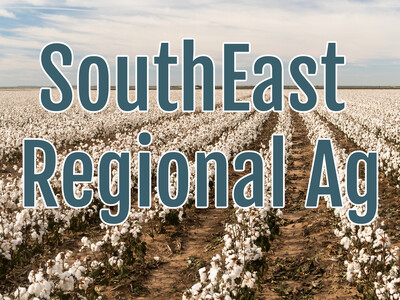Is American Bread Different?

Tim Hammerich
News Reporter
More and more Americans are reporting an aversion to gluten. You may have even heard some state they can’t eat bread in the U.S. but they can in Europe. Why would that be? Hearing this feedback, Kevin Morse, co-founder of Cairnspring Mills, wants to do whatever he can in the milling process to make sure his flour is as palatable to consumers as possible.
Morse… “ I just have to say most of this is qualitative. I don't have lots of money for science and analysis and research, but what we're learning through other science is there's probably several factors that are affecting people's intolerance for bread products, and it's not always gluten. It can be gluten because there's also extra vital wheat gluten added into some flour. What we're seeing is it could be the extra vital wheat gluten, it could be the chemicals in the industrial food system that they don't have a tolerance to that aren't allowed in Europe. And then the big thing that I've been reading about recently is enrichments in flour.”
Morse says that while gluten often gets the blame, there are likely other factors at play.
Morse… “And so, gluten's not always the bad guy. And there's chemicals and enrichments in our food here that just aren't present in Europe, and I think, I think, I can't prove it, those are some of the things that make the difference between eating bread there and here.”
Once again, that's Kevin Morse, CEO and Co-Founder of Cairnspring Mills.












